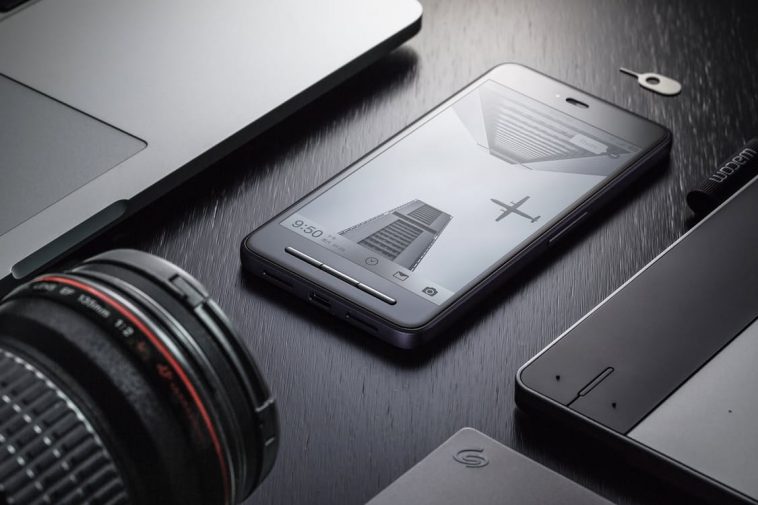The most anticipated startup of 2017 magic leap is working on imposing images and interactive video with its pair of glasses into the real world. The products will appear more outstanding once the first badge will be distributed next year. The initial demos of this technology have impressed investors to a great extent and they have dispensed $1.4 billion into Magic Leap valuing the company at $4.5 billion.
These YouTube marketing videos were produced by using regular Hollywood special effects and created hype for this new startup although these were not the actual demos of the technology. According to reports, the demonstration to investors required expanded and expensive prototypes, and the first commercial glasses will not use much of that technology even. But it was enough to inspire people to make future investments in the startup.
One company that is completely captivated with this idea is Microsoft. The company’s augmented reality headset HoloLens is the closest direct competitor of what magic Leap if creating. But it is already available in the market with its apps and commercial customers such as Autodesk and Volvo.
Early Mover:
HoloLens which is Microsoft’s $3,000 Developer’s edition is available for developers for writing applications with technology embedded into Windows 10. Agreements for this technology have been signed by manufacturers such as HP, Lenovo, Dell, Acer, and Asus for developing their own Windows 10 AR headsets. Prices starting from $299 for these headsets have recently been confirmed by Microsoft.
According to the founder and CEO of Magic Leap Rony Abovitz, Microsoft cannot be regarded as the leader in the market. Magic Leap and HoloLens are actually the two competitors that are laying down a foundation for further developments in this technology. Creation of HoloLens has helped Magic leap to get validated by the investors for future investments.
Microsoft tried hard for building a smartphone market but failed in its efforts. This time no one can blame Microsoft for not getting its hands on the next generation of devices.
Via: Business Insider




